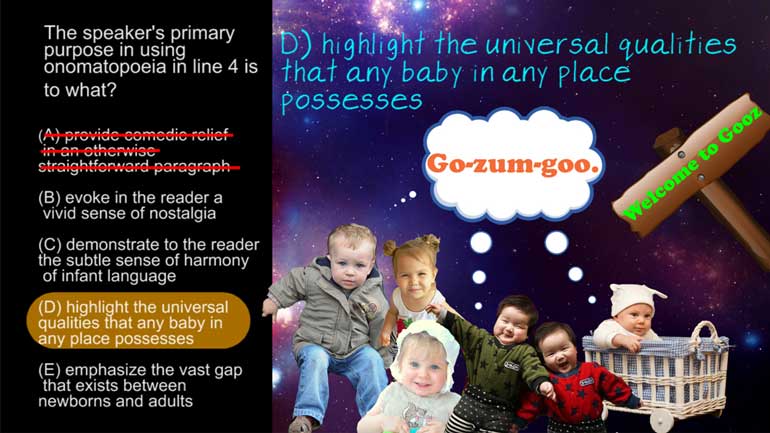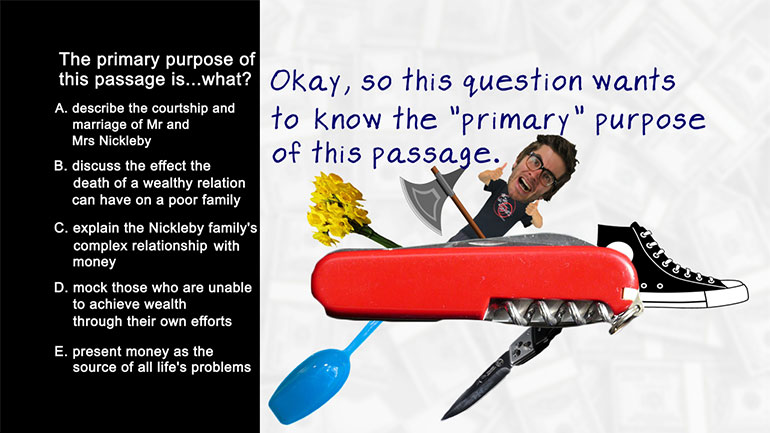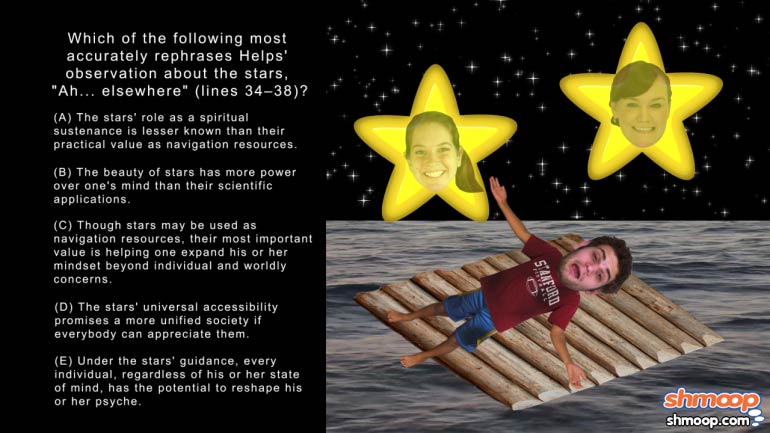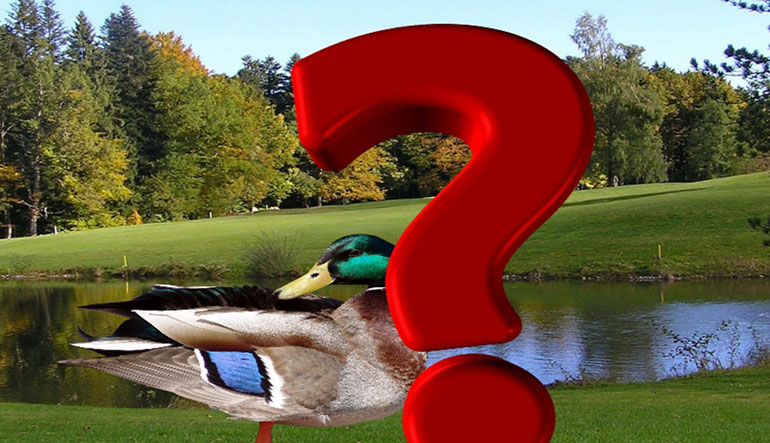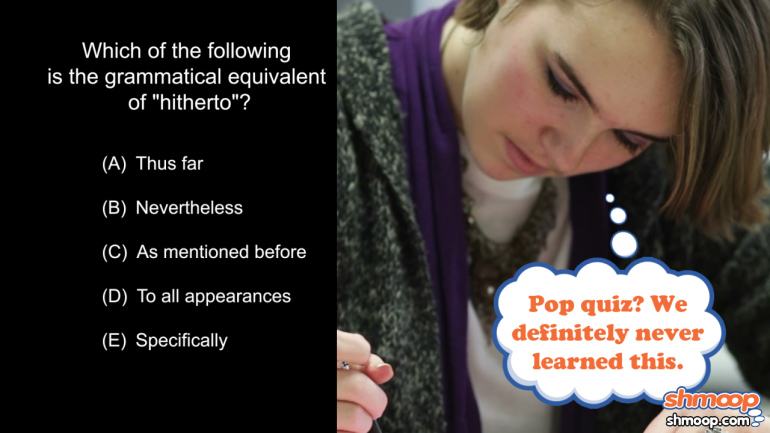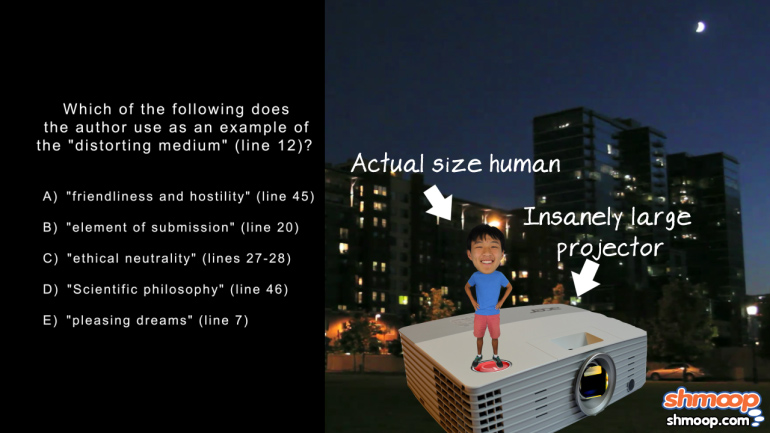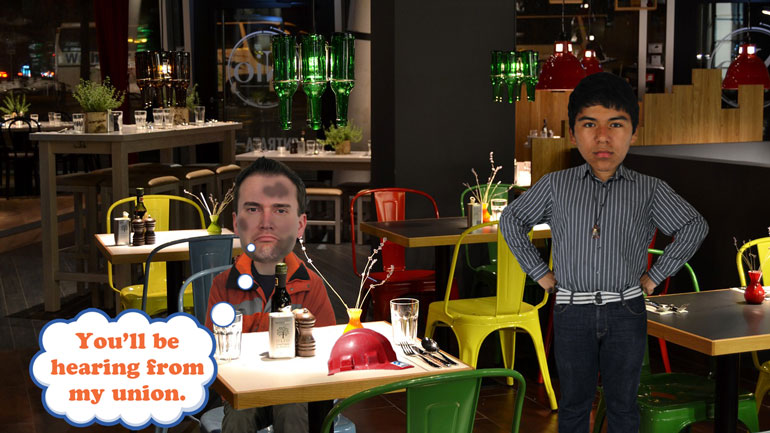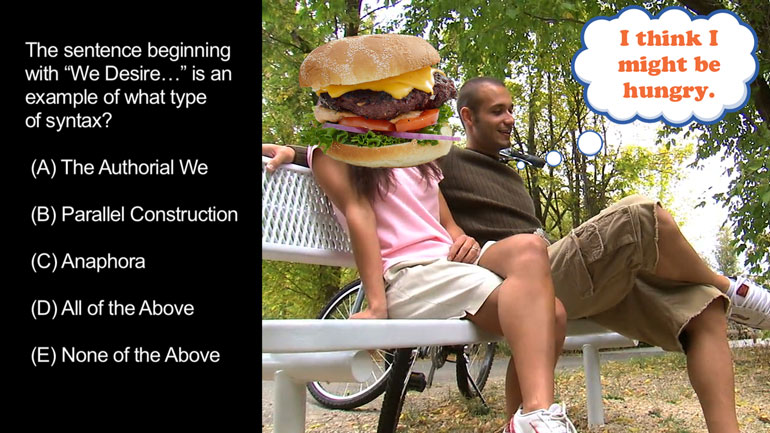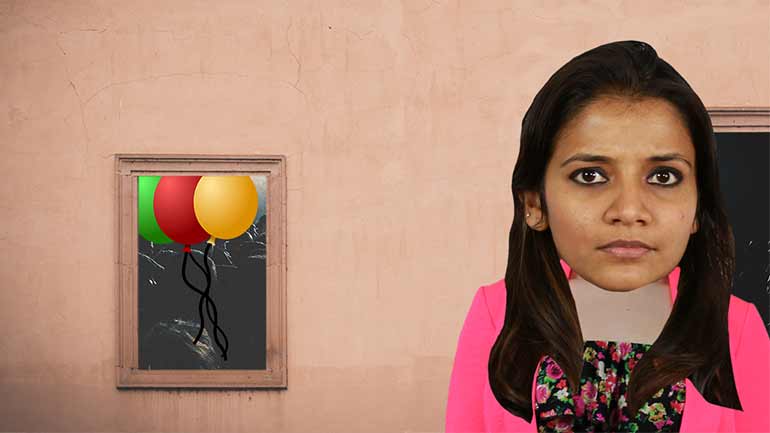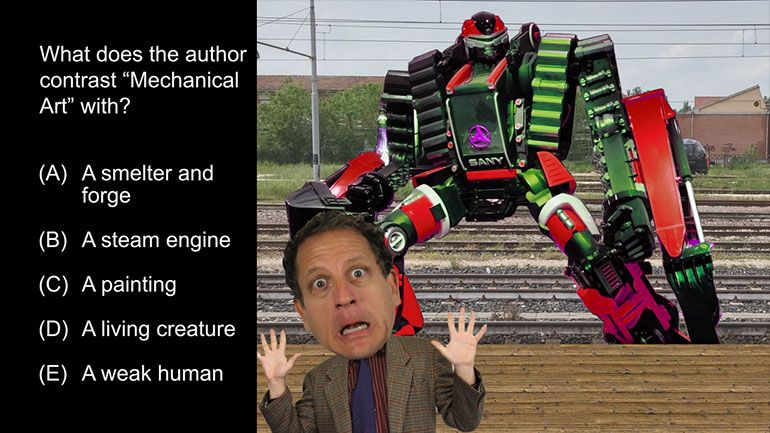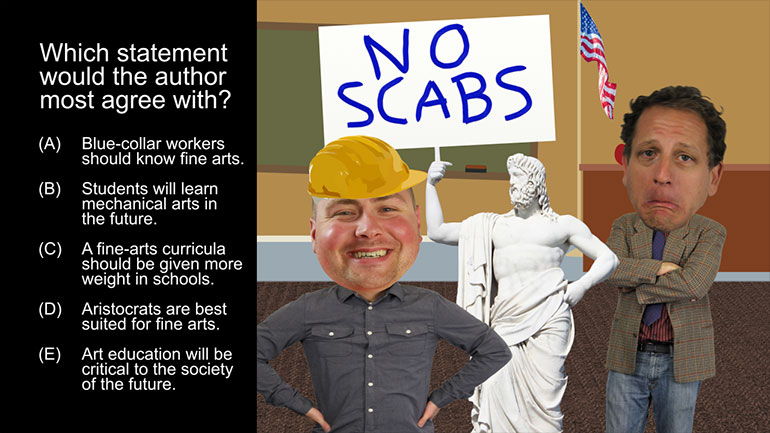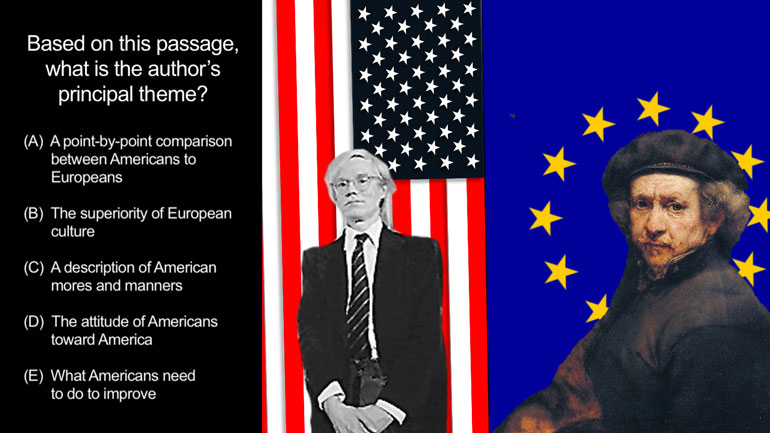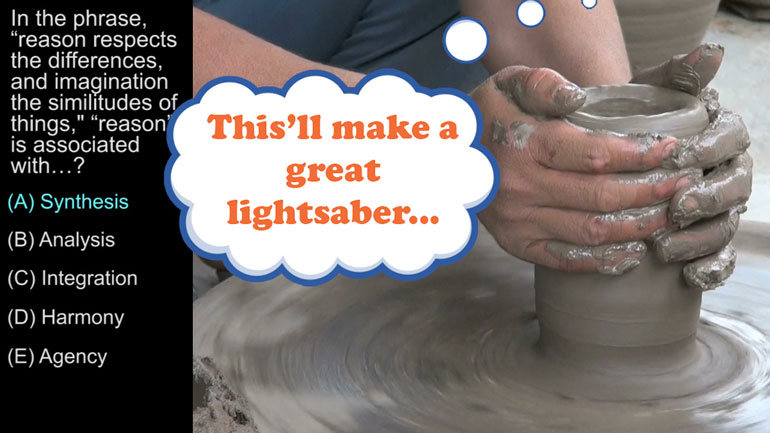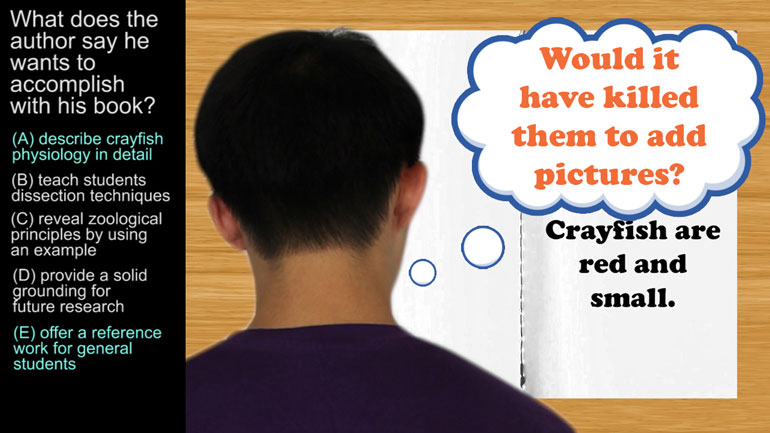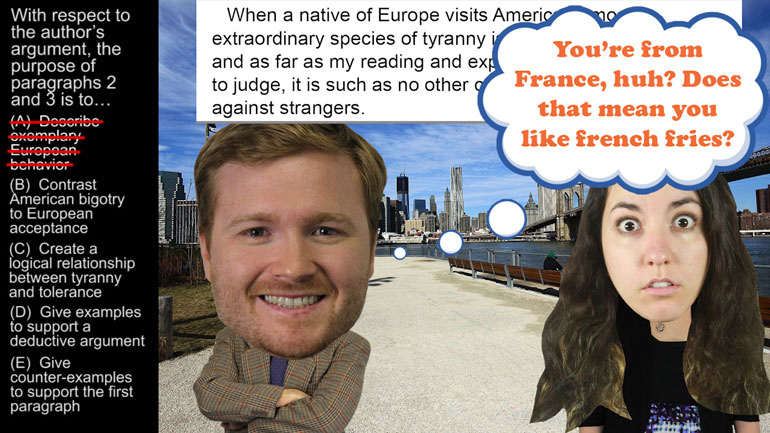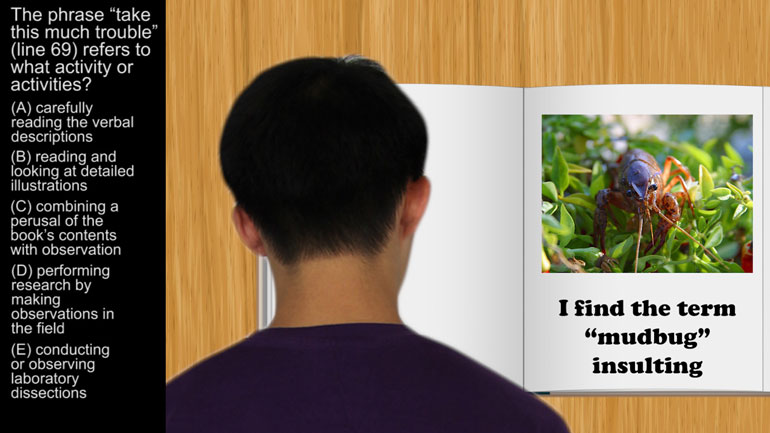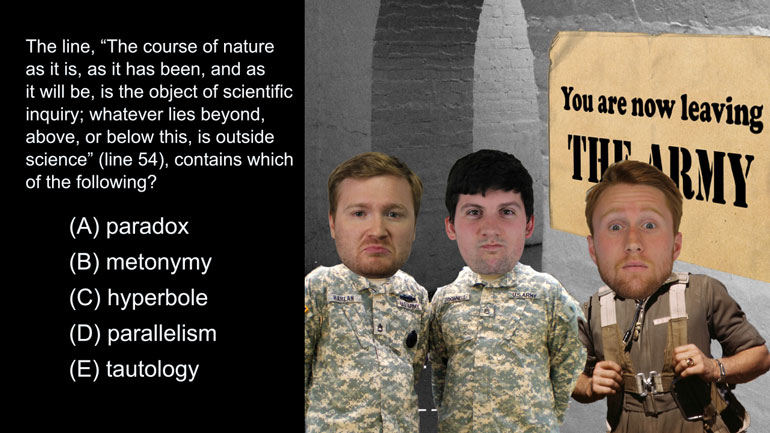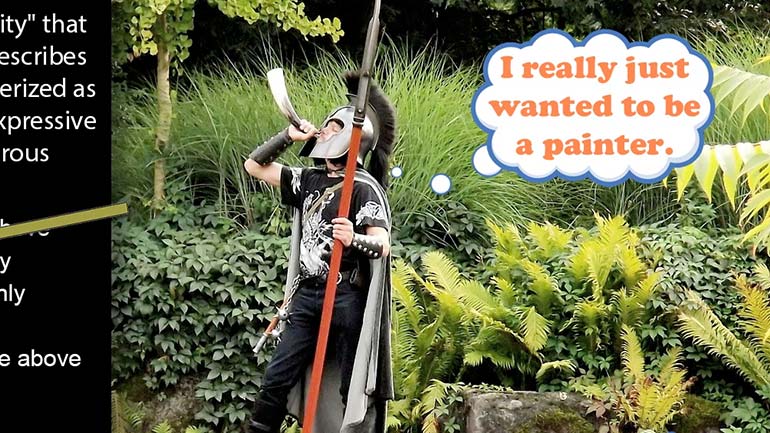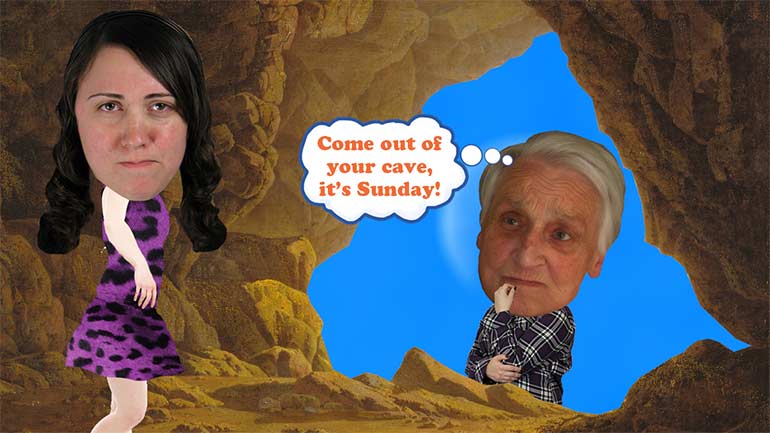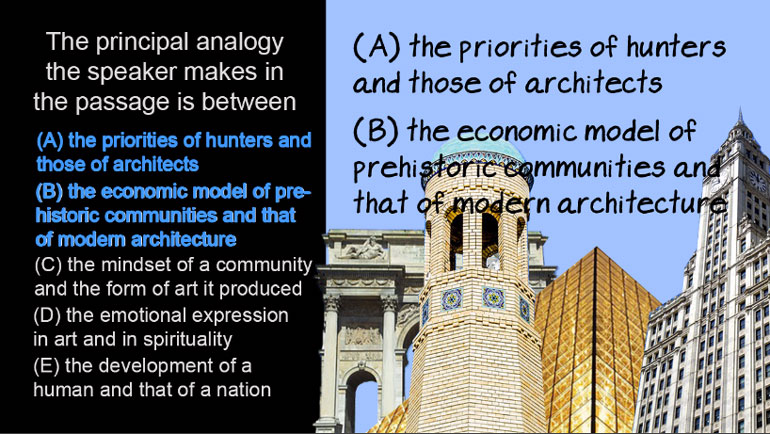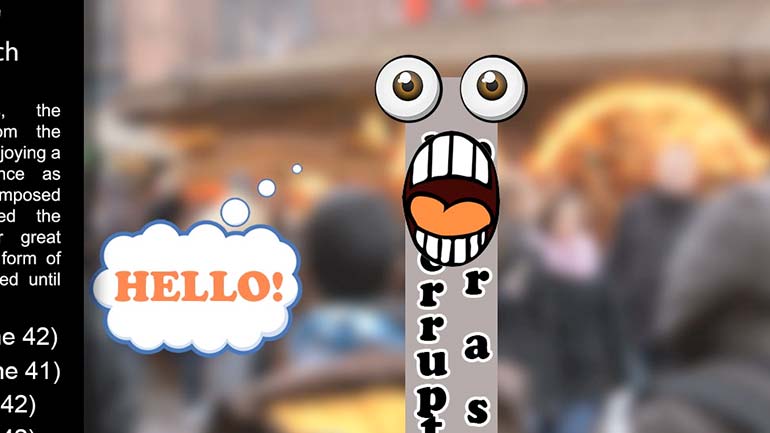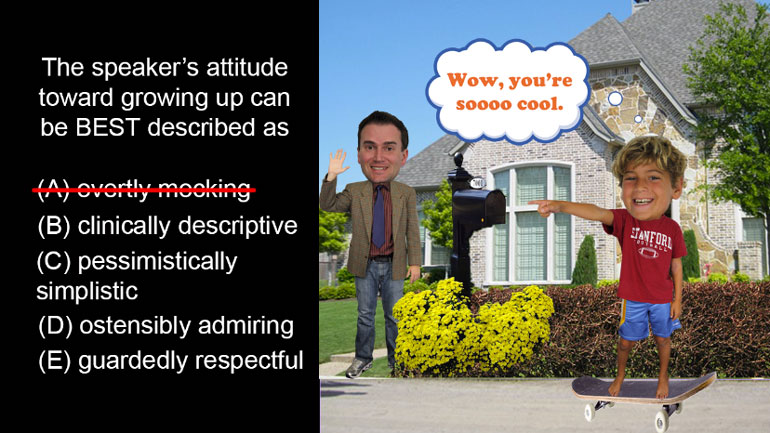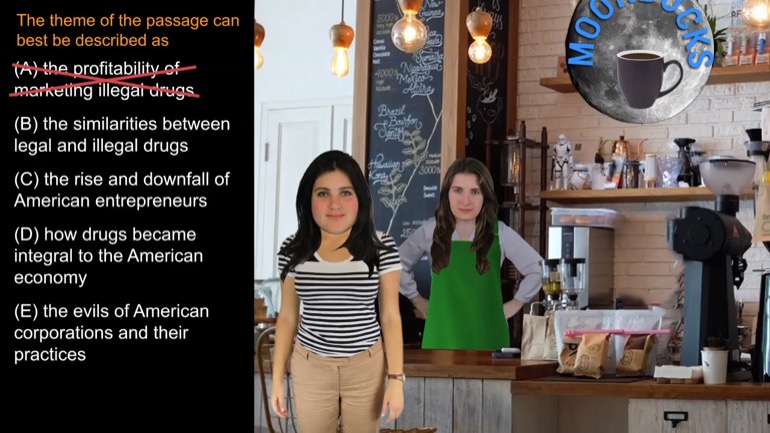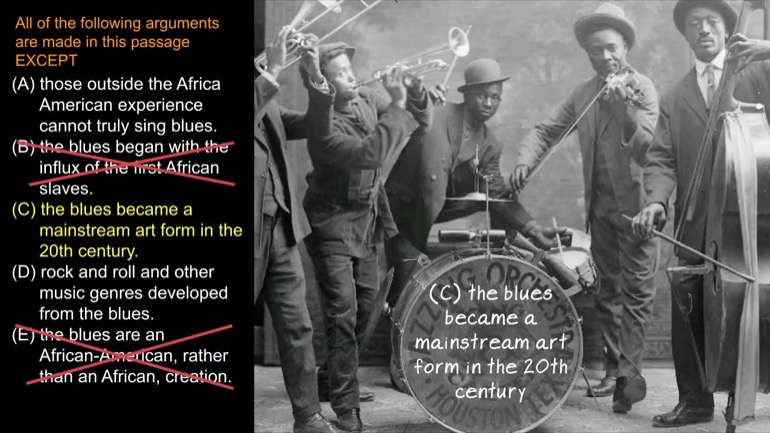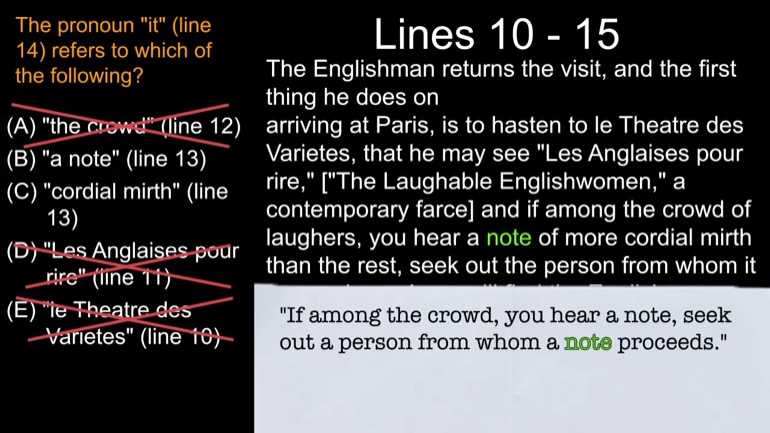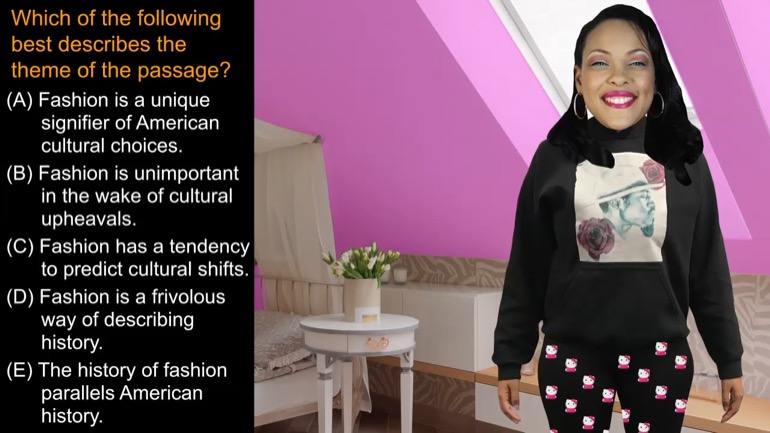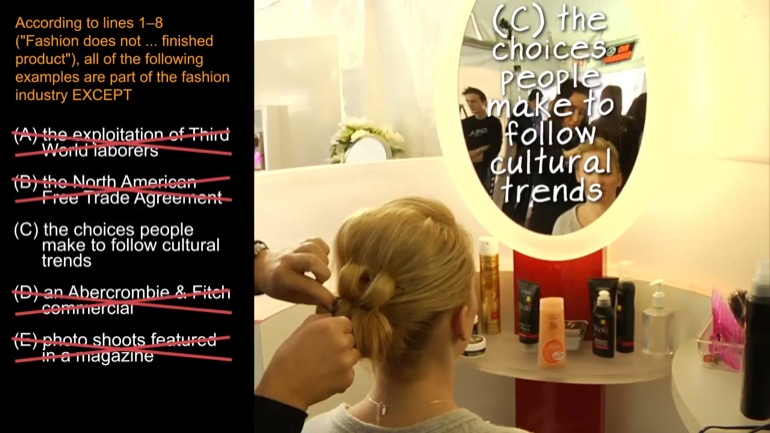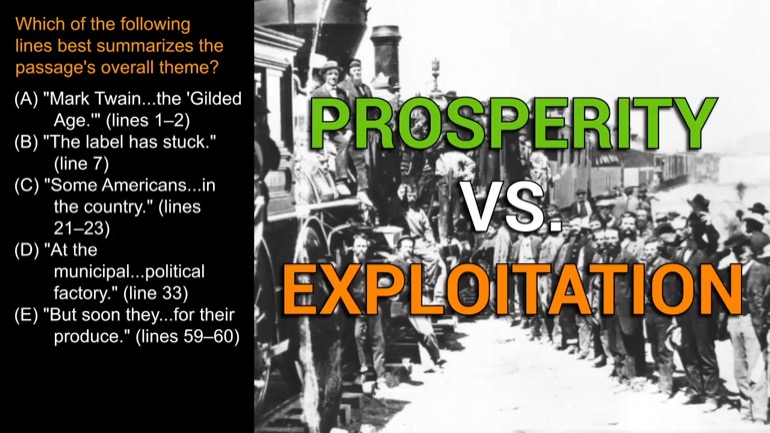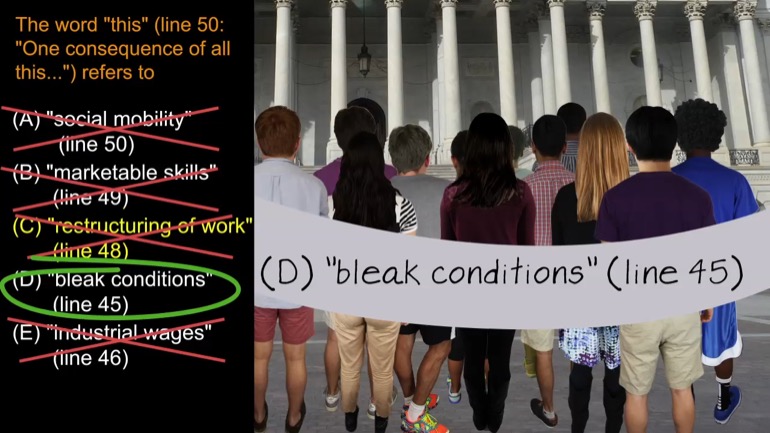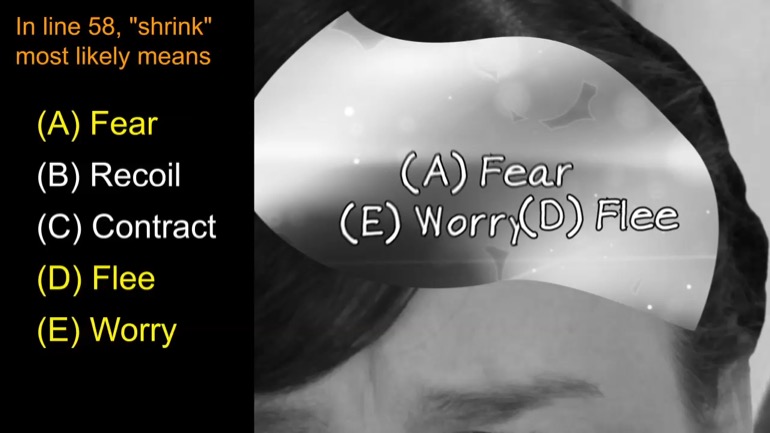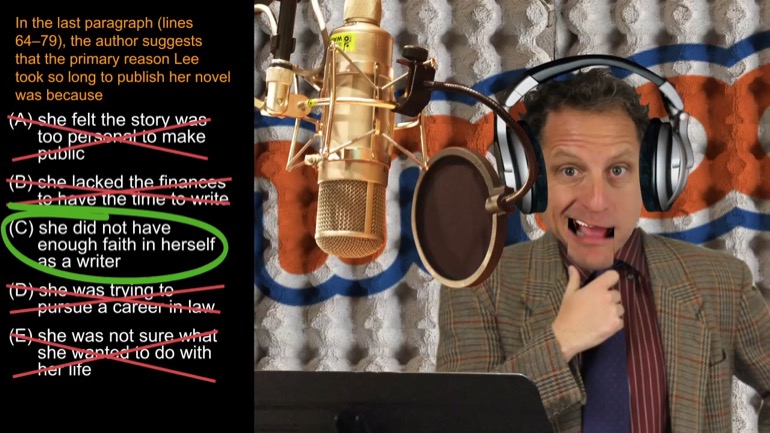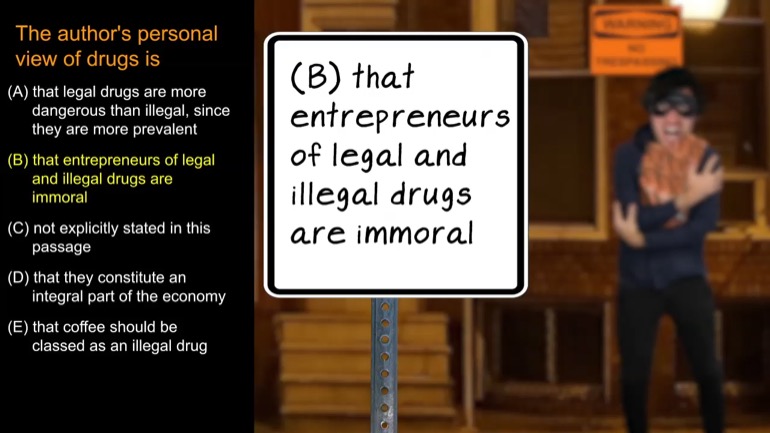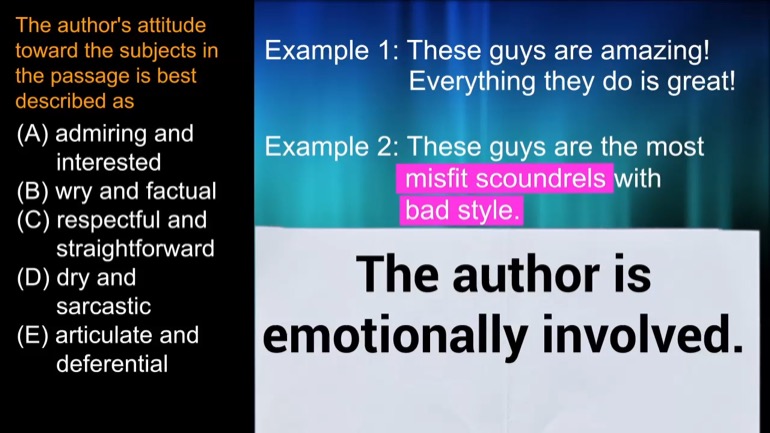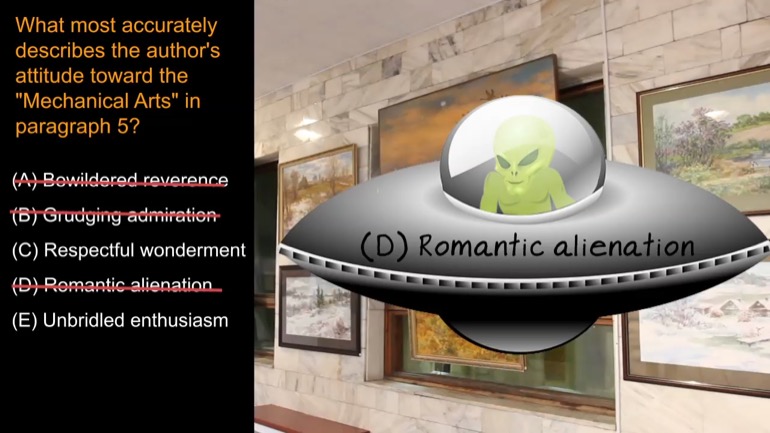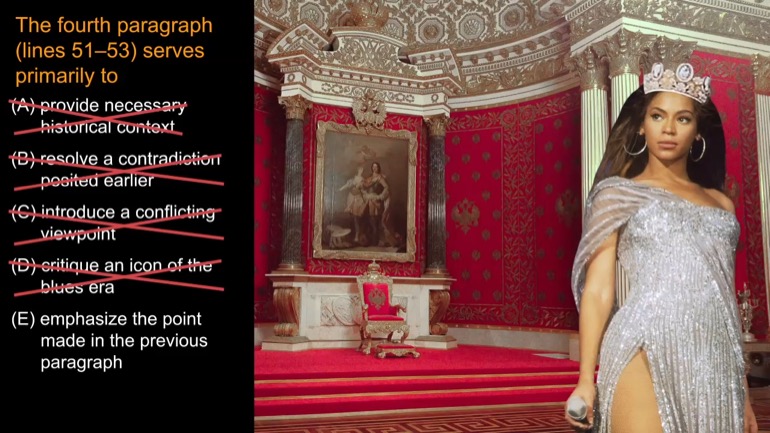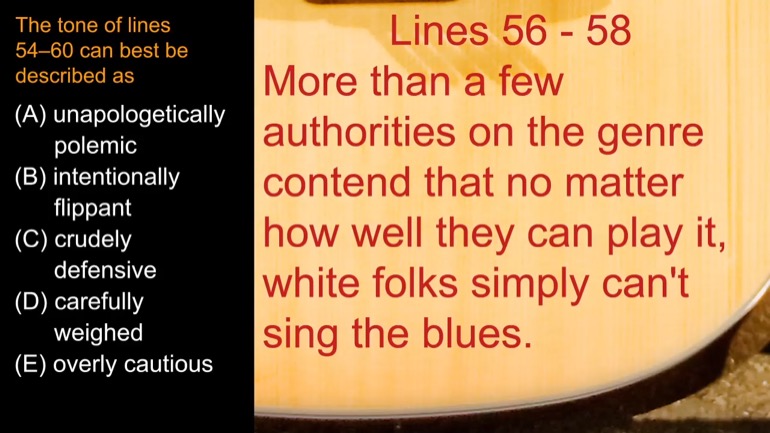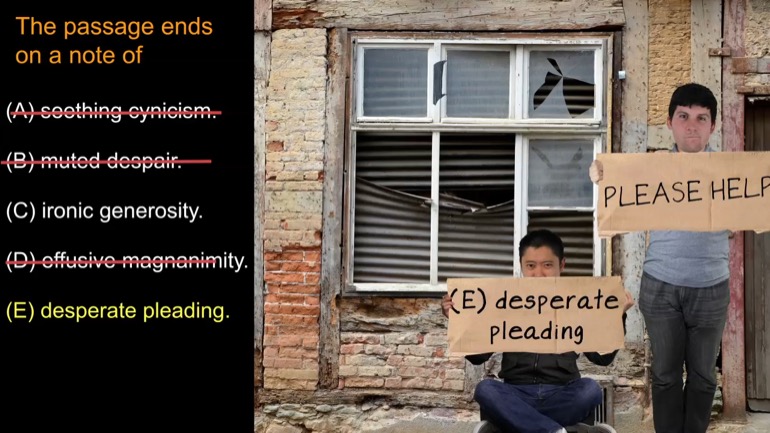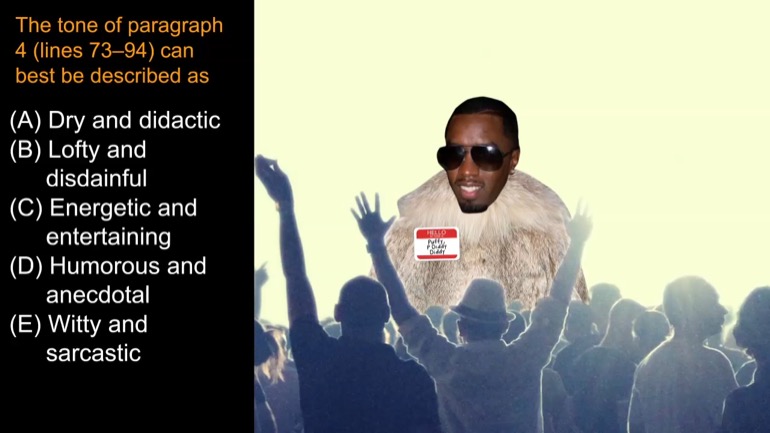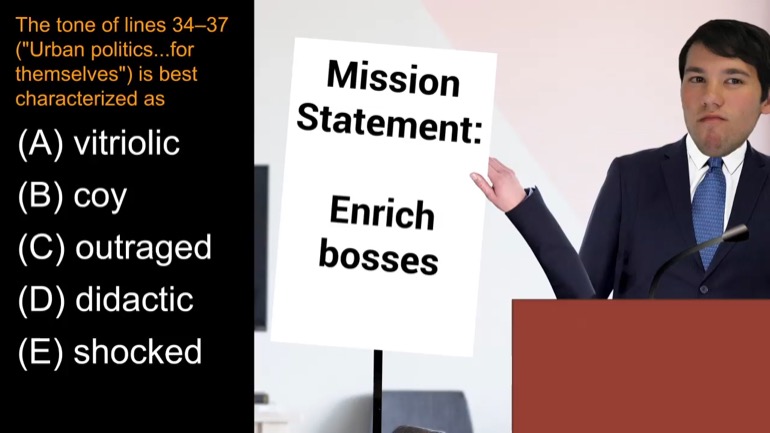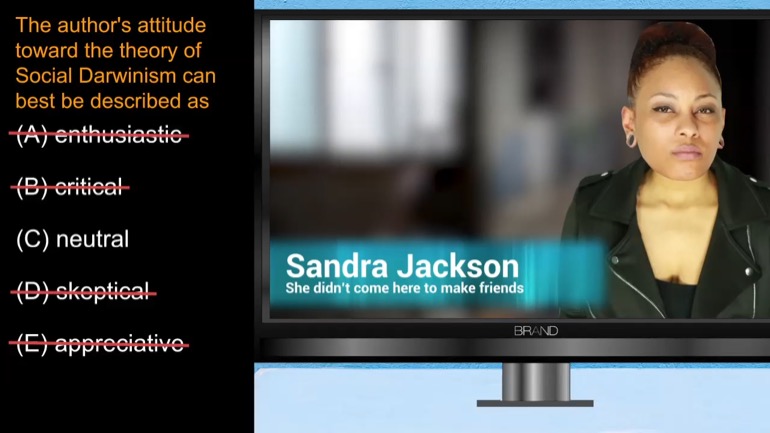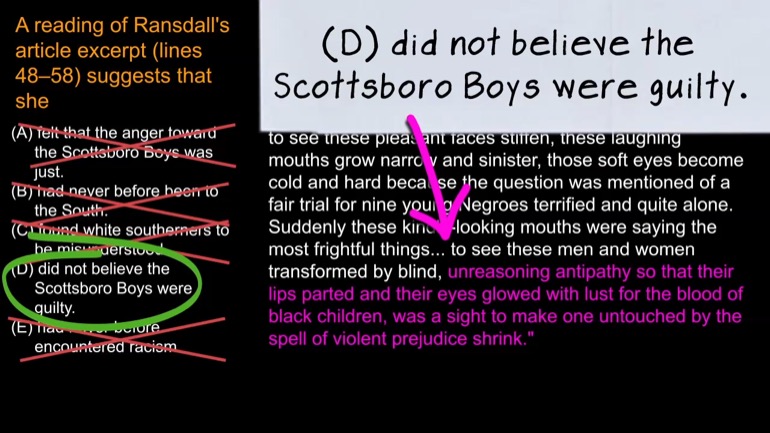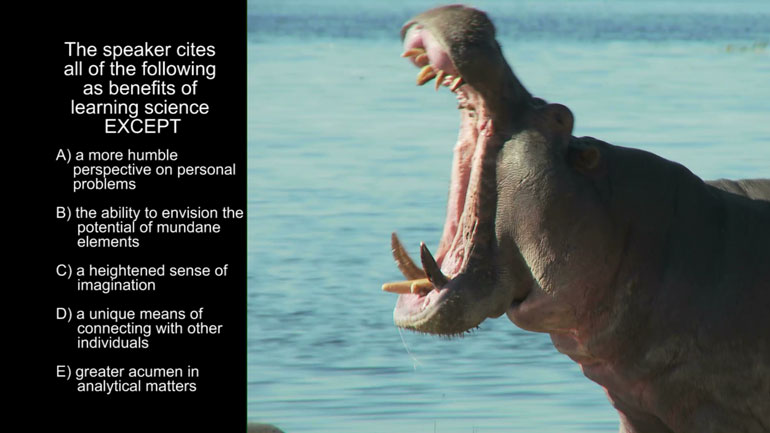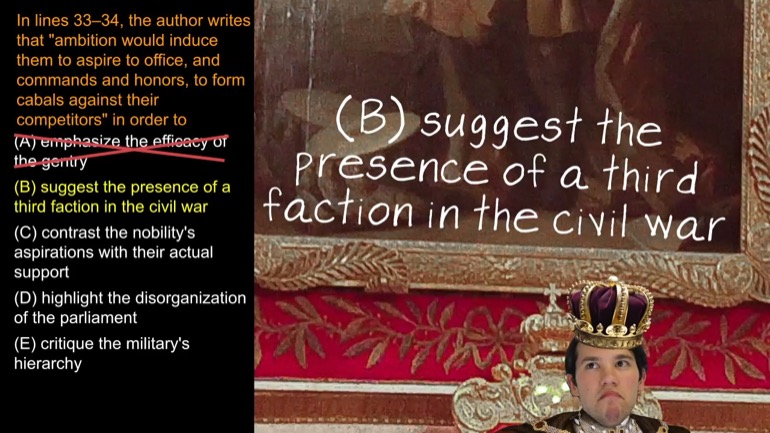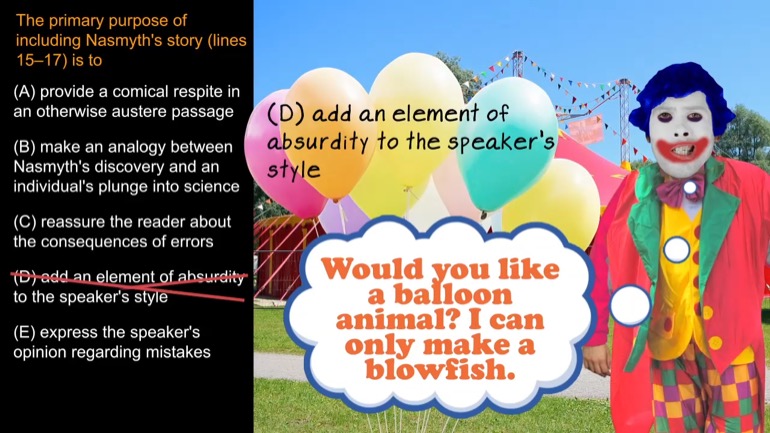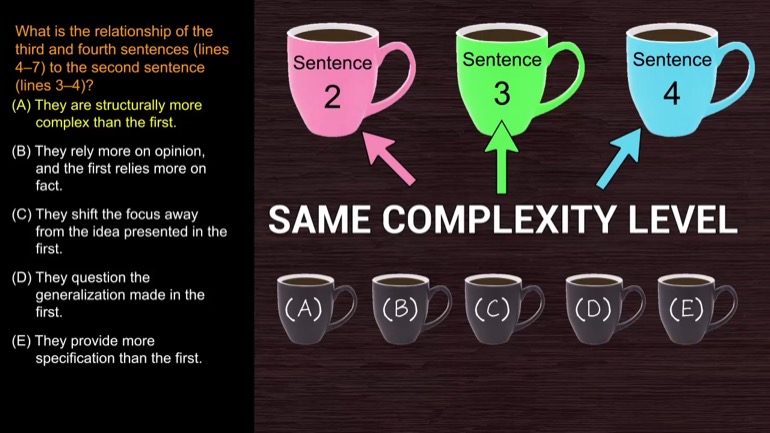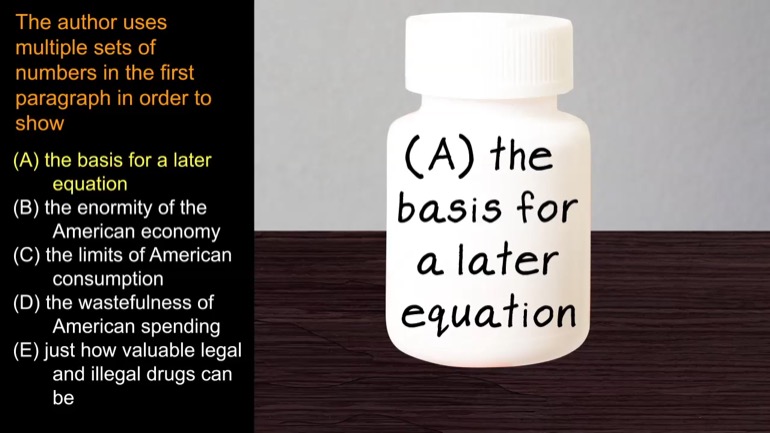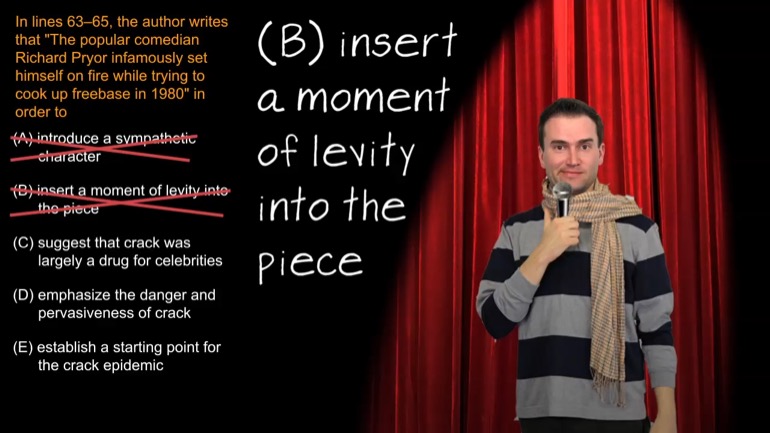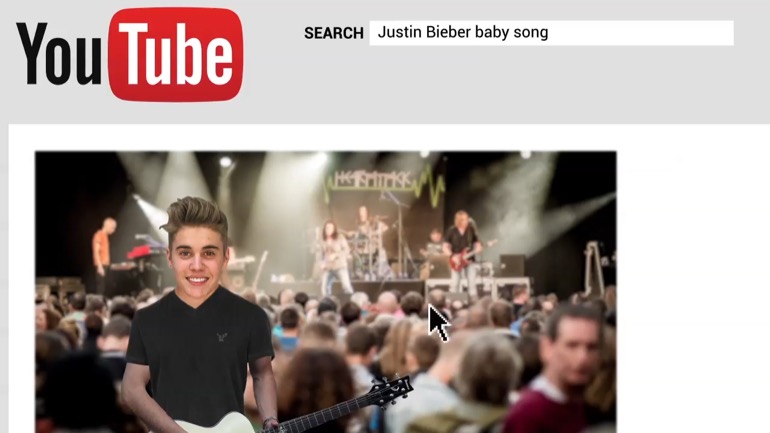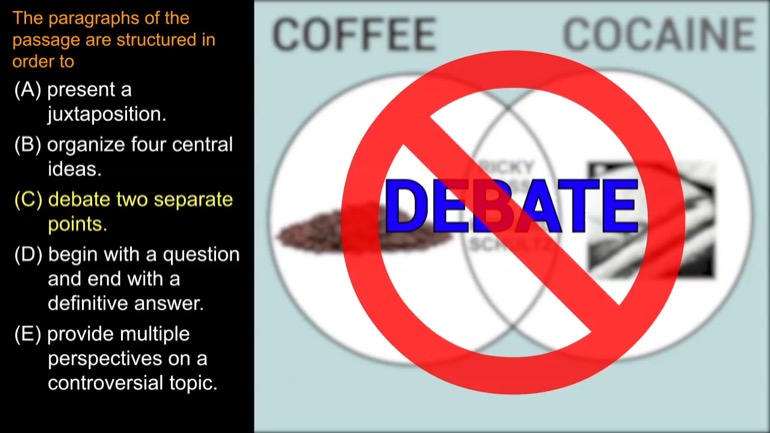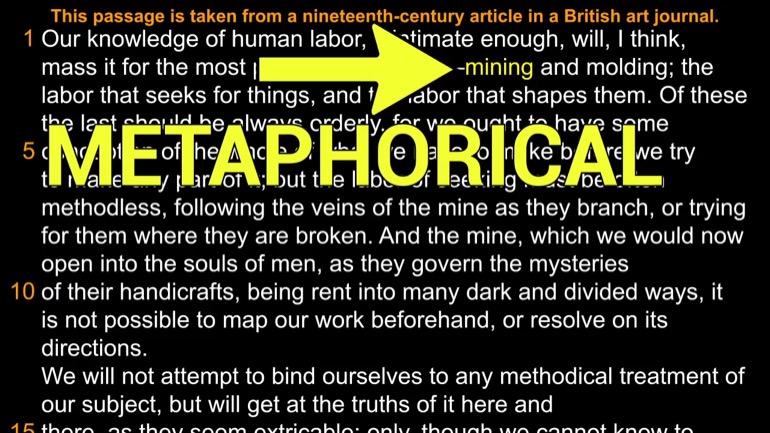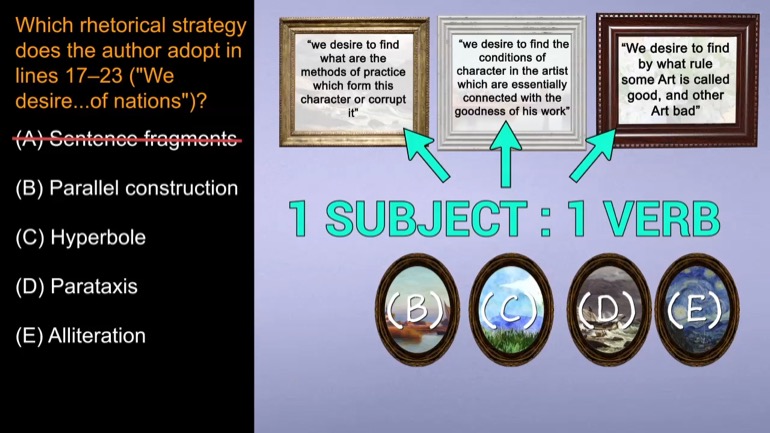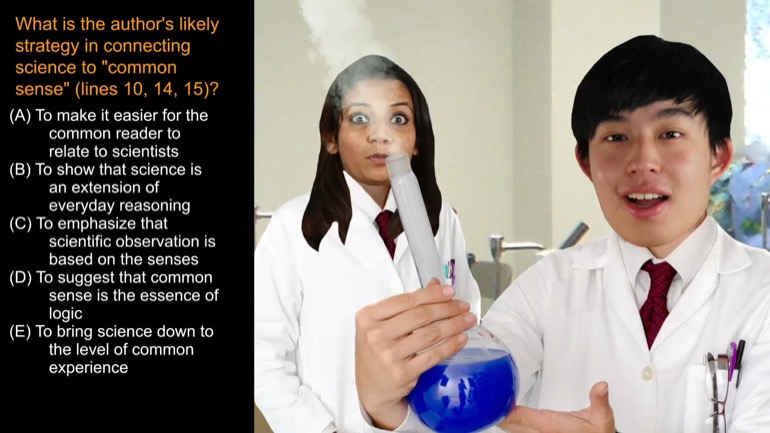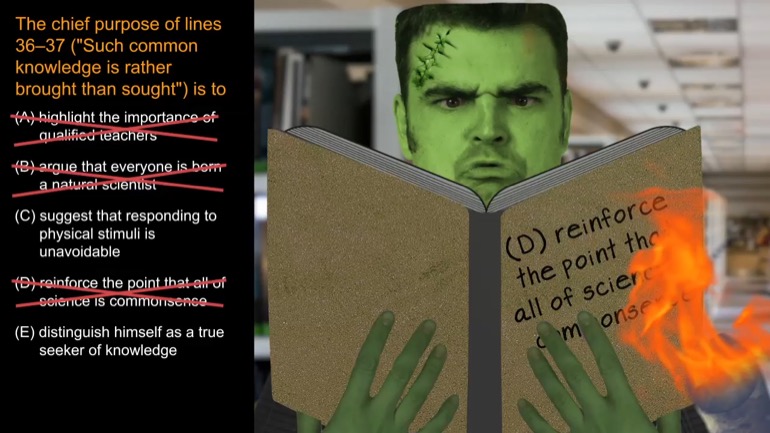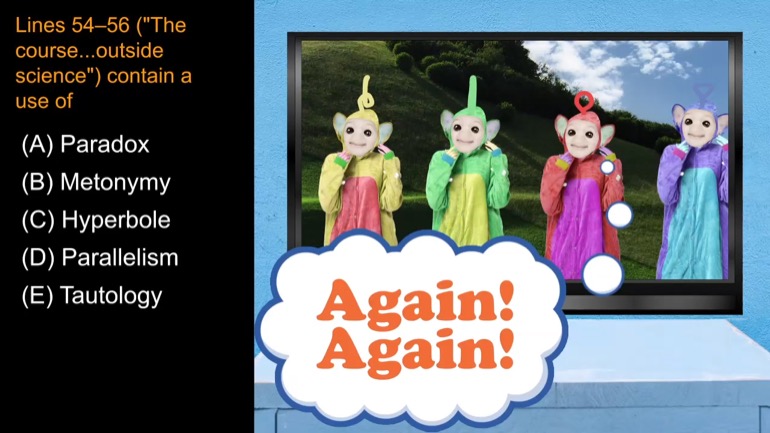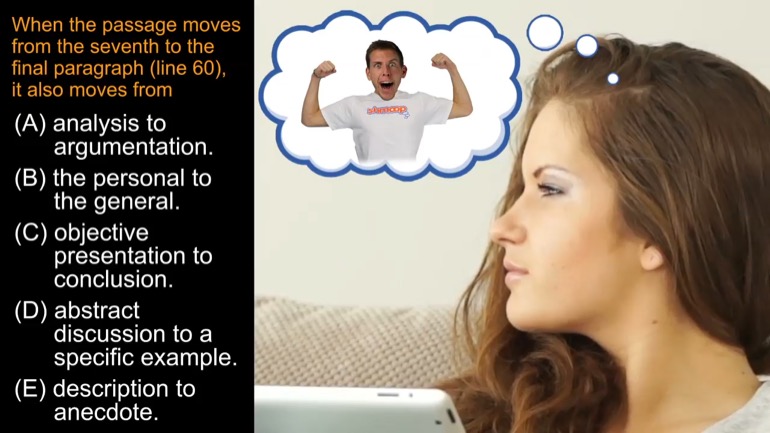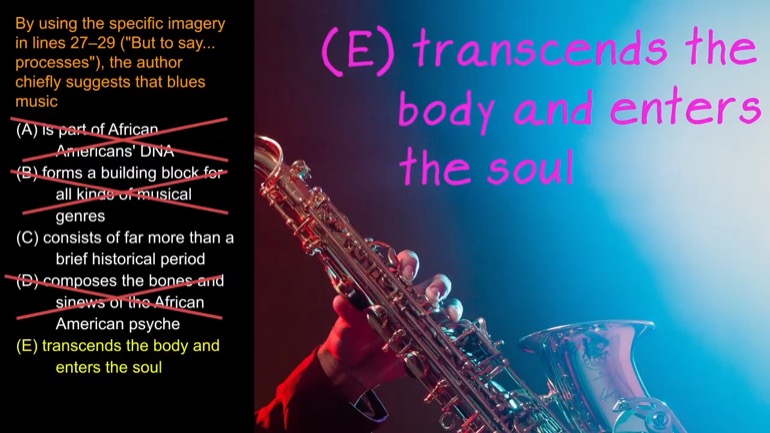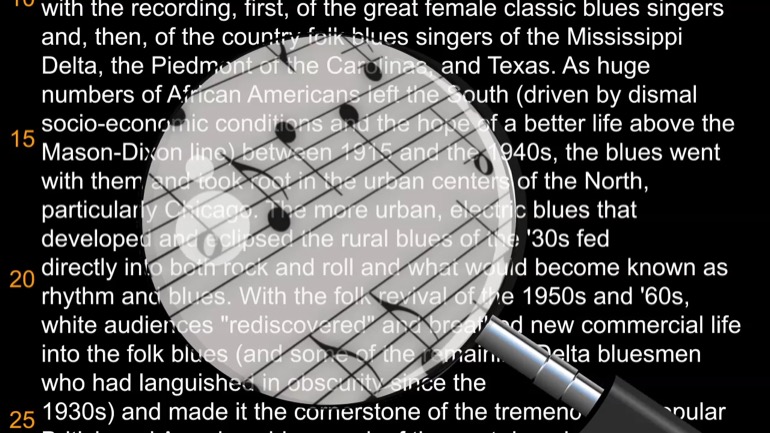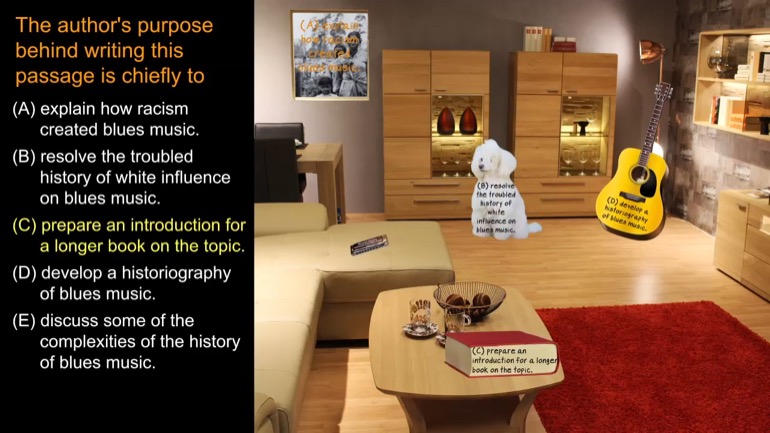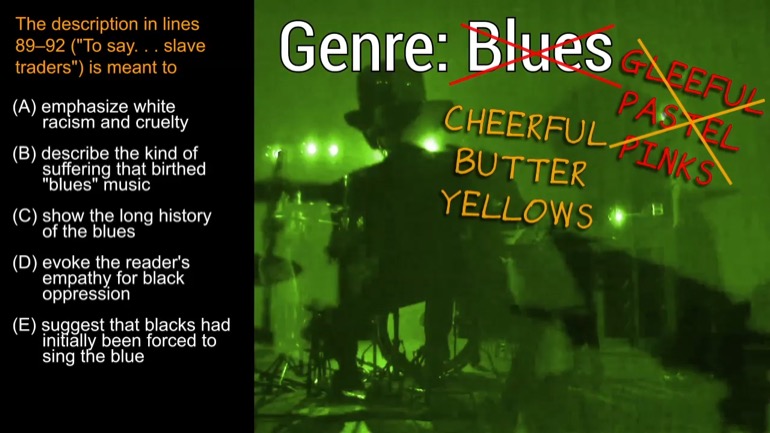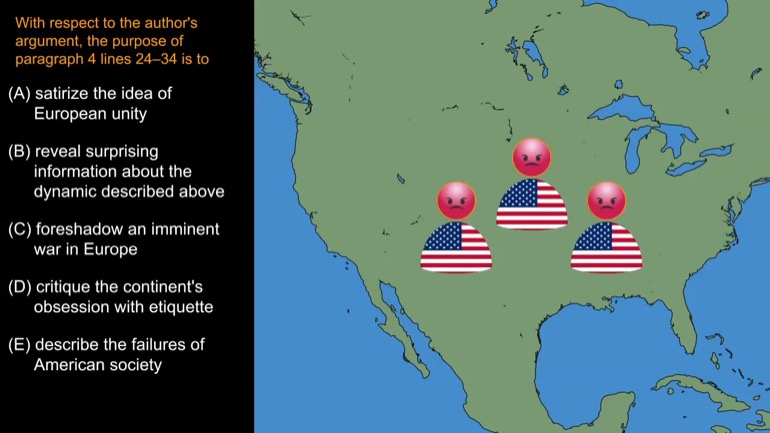ShmoopTube
Where Monty Python meets your 10th grade teacher.
Search Thousands of Shmoop Videos
AP English Language and Composition Videos 171 videos
AP English Language and Composition: Passage Drill Drill 1, Problem 2. What is the speaker's primary purpose in using onomatopoeia in line four?
AP English Literature and Composition 1.1 Passage Drill 7. The primary purpose of this passage is what?
Wishing upon a star may help you pass your AP English Language and Composition test, but answering this question would be a safer bet.
AP English Language and Composition 4.1 Passage Drill 23 Views
Share It!
Description:
AP English Language and Composition 4.1 Passage Drill. Which of the following does the speaker present as similar?
Transcript
- 00:00
Sorry And here's your shmoop du jour brought to you
- 00:05
by shakespeare This guy killed off more people than jack
- 00:08
the ripper All right well here's the phrase read it
- 00:14
odyssey experience more dying people I special All right we're
- 00:31
ready Which of the following ideas does the speaker present
Full Transcript
- 00:35
as similar And here the potential answers All right read
- 00:39
them and weep a lot A lot of death All
- 00:44
right so what are we being asked Well we have
- 00:47
five answer choices and each one is a pair of
- 00:49
ideas were supposed to find the two that the speaker
- 00:53
refers to his being similar So even if we personally
- 00:57
feel immortal when we watch twilight well it doesn't matter
- 01:00
It's all about the speaker Let's take these things one
- 01:03
by one and okay we'll start with the immortality thing
- 01:06
and twilight So here's the line where the speaker waxes
- 01:09
about twilight his physical life was but as an embryonic
- 01:13
stage a coming up out of darkness a twilight and
- 01:17
dawn before the sunrise of that life of the world
- 01:21
to come which he was to enjoy here after ok
- 01:25
so he's saying that shakespeare is immortal in a sense
- 01:28
but it's more than dawn that relates to that immortality
- 01:31
Twilight part refers to the end of his physical life
- 01:35
So no matter how much his memory may live on
- 01:37
he probably didn't rise up out of his grave the
- 01:40
night he was buried and start writing macbeth to the
- 01:42
revenge this time It's personal All right so what about
- 01:46
choice b Playing an instrument and delivering a speech Speaker
- 01:51
compares playing the violin to conducting one's life which isn't
- 01:54
quite the same thing is making a speech oh skippy
- 01:59
see unconscious and conscious memory close but it is actually
- 02:04
unconscious and conscious lives that air compared not memory who
- 02:09
settled We wish our unconscious memory would tell our conscious
- 02:12
memory where we left our car keys That happens a
- 02:15
lot Wait till you get older All right how about
- 02:17
de death and money in line thirty three the speaker
- 02:20
refers to the life after death as being like money
- 02:23
not death itself so he is out But which leaves
- 02:25
us just with e this better be right shakespeare and
- 02:28
teachers And yet this is the one speaker says that
- 02:32
shakespeare in teachers both attain immortality through their work So
- 02:35
it is other similarities He doesn't mention well they both
- 02:40
love standing in front of crowds of people they both
- 02:42
like using big complicated words and they both really like 00:02:45.24 --> [endTime] strip steak Not sure why that is
Related Videos
AP English Language and Composition: Passage Drill Drill 1, Problem 2. What is the speaker's primary purpose in using onomatopoeia in line four?
AP English Literature and Composition 1.1 Passage Drill 7. The primary purpose of this passage is what?
Wishing upon a star may help you pass your AP English Language and Composition test, but answering this question would be a safer bet.
Take a look at this shmoopy question and see if you can figure out which device the speaker employs the most.
Feel like shifting gears and answering a question about shifting tones? We've got you covered. Take a look at this question and see if you can foll...
